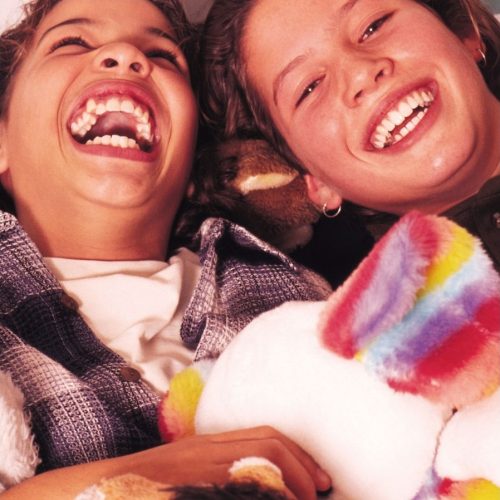These French Habits That Surprise Foreigners
Welcoming a young foreigner into your home isn’t just about offering them a roof and a caring environment—it’s also about introducing them to a lifestyle.
And in France, that lifestyle often revolves around the table! You don’t need to meet a chef to discover French gastronomy: a little curiosity, friendliness… and some good fresh bread are enough.
Breakfast… all sweet!
For many foreigners, the French breakfast is a first cultural shock. No more eggs, bacon or morning cheese. Here it’s toast, butter-and-jam, croissants and hot chocolate!
Some young people are also surprised by the lack of savory food at breakfast or by the fact that the French often don’t eat much in the morning, sometimes only a quick coffee. A habit quite different from English or Germanic traditions.
The pace of meals
Meal times in France also surprise people.
Generally:
- Lunch is around 12:30–1:00 PM
- Dinner around 7:30–8:00 PM (or even later in summer)
For Spaniards, used to dining around 9:30–10:00 PM, this schedule seems… very early! For Germans or Irish people, on the other hand, it sometimes seems late.

“Tutoiement” … or not?
Some home habits may surprise, such as:
- Taking off shoes (or not) upon entering the house: this varies from family to family.
- Taking a shower in the evening rather than in the morning.
- Having a snack around 5 PM for children and teenagers — a snack that many find curious and charming!
These differences often provoke laughter, but they also offer a lovely opportunity to exchange practices, sometimes adopted later at home.
Cheese … before dessert!
In France, cheese isn’t an appetizer or a pre-dessert: it’s eaten between the main course and dessert. And that surprises more than one exchange student!
Also, the variety of cheeses is impressive: hard, soft, runny, bloomy rind, raw milk… not to mention sometimes very strong smells!
Yet many young people end up tasting it, and some even become fans.
The “bise” to greet
The famous “bise” (cheek-kissing greeting), whether two, three or even four depending on the region, can be disconcerting at first. For young people from cultures where physical distance is more the norm, this contact the first time you meet may feel strange… But one gets used to it quickly.
French cultural specifics make exchanges so enriching! Laughing at a strong-smelling cheese, discovering that you might love homemade soup, or learning when to say “vous”: all these experiences nourish curiosity, tolerance, and closeness between youths and families.
At Kinder Exchange, we believe these small cultural shocks are the very heart of the richness of a linguistic exchange. They open minds… and appetites!
Written by Pauline Marie d’Elbée and translate by Marie Baudet
